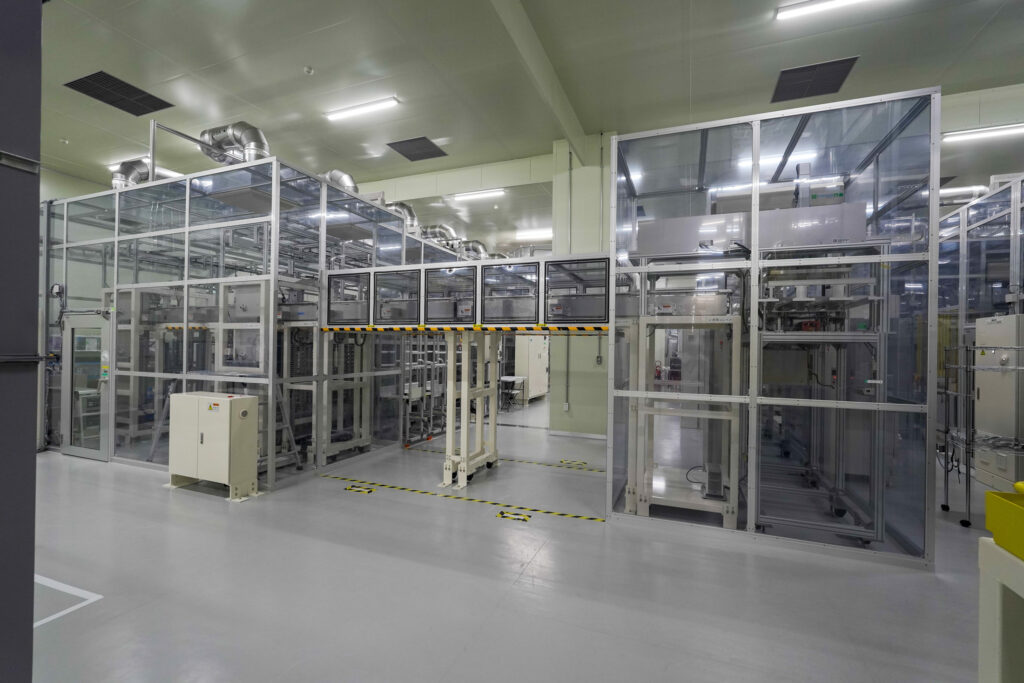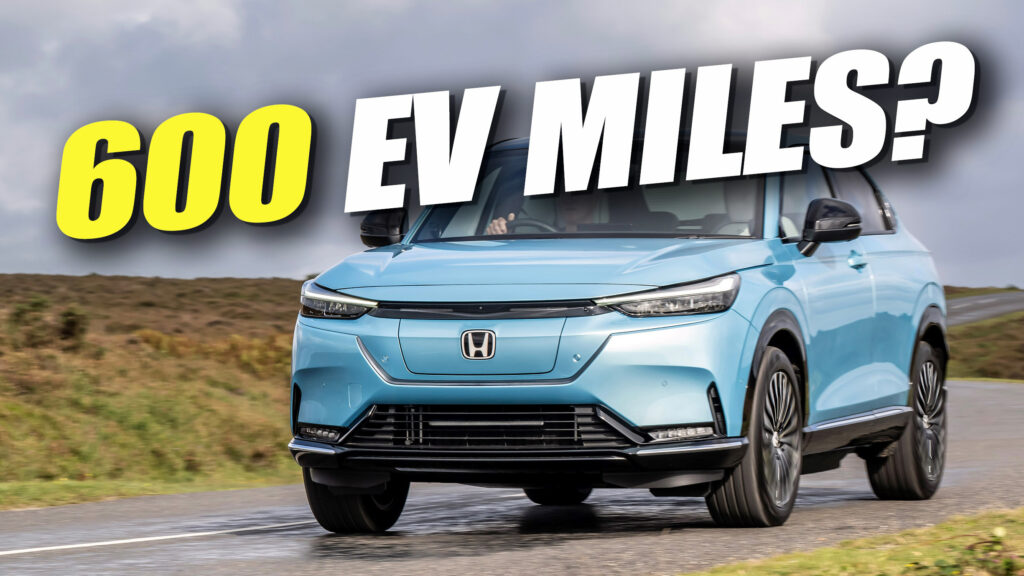- Solid-state battery tech could double the range of Honda’s EVs by the late 2020s, its R&D chief claims.
- Keiji Otsu said it wants to reduce the size of batteries by 50 percent and reduce cost by 25 percent.
- Honda has invested $277 million on a solid-state line at Tochigi, Japan, and is open to selling power packs to other automakers.
The electric range of Honda’s EVs could double in the next few years with the introduction of solid-state batteries, the automaker’s R&D chief predicts.
Keiji Otsu made the comments to journalists at the opening of Honda’s demonstration solid-state production line in Sakura City, Tochigi, Japan. The 27,400 m2 (295,000 ft2) site has received 43 billion yen ($277 million) of funding and will start pilot battery production in January 2025.
Related: New Solid-State Batteries From Mercedes And Factorial Could Boost EV Range By 80%
But Honda engineers then have to verify the build process, technologies, and the cost of making the batteries, plus lock down the exact battery cell specifications before full production can start and the power packs can be fitted to production EVs.
That’ll happen “in the second half of the 2020s,” Honda says. Otsu described solid-state technology as “a game changer of the EV era,” telling Reuters that the new batteries would deliver twice the driving range of current lithium-ion batteries by the end of this decade and 2.5 times more range by the 2040s.
On the face of it, that could mean Honda EVs being capable of 600 miles (966 km) on one charge by 2029, though the more likely reality for most models is that Honda will improve range a little but use the energy density advantages to reduce the size of the batteries fitted to its electric cars.

Honda’s goals for the project are to reduce battery size by 50 percent, weight by 35 percent and cost by 25 percent compared with current EV levels, Otsu explained to Reuters. Reducing cost is key to making electric cars more affordable (and more desirable) to buyers, especially at a time when many are beginning to lose interest in EVs.
The automaker said it wants to increase EV production to more than 2 million units within five years, predicting that battery- and fuel-cell-powered vehicles will account for 40 percent of its total sales at that point, and all of them by 2040.
But Honda doesn’t only plan to put solid-state batteries into cars. It says a range of mobility products including motorcycles and even aircraft will benefit from the technology. Otsu also said Honda, which earlier this year formed an alliance with Nissan to develop batteries and motors, was open to selling its Sakura-built batteries to other brands.















